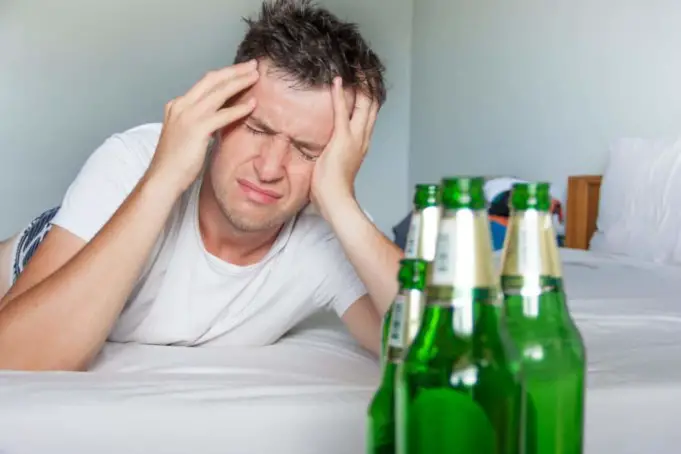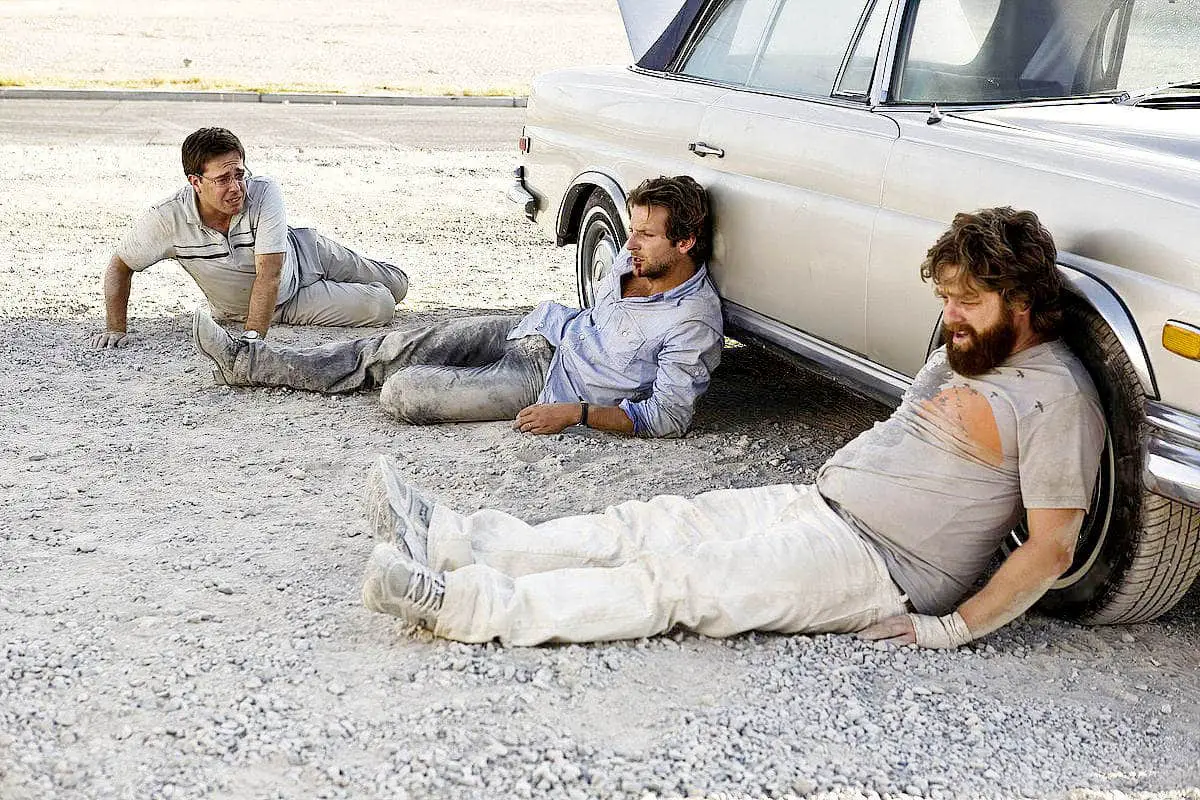Sometimes when you go out to have a few bottles of drink with friends, you may end up having more than you bargained for. And by the next morning when you get out of bed, you discover you are suffering from a hangover.
There have been different methods prescribed for curing hungover, but one method stands out, and that is the popular “hair of the dog” method.
Applying the hair of the dog method of treating hangover would require you to drink more alcohol to relieve the symptoms that you’re already feeling.
What you may be thinking at this point would be whether or not this method works, or if it is just a way to postpone the hangover. In this article, you’ll find out what the truth, myth, and valuable information about this method of treating a hangover.
What exactly is “the hair of the dog”?
If you are wondering where the “hair of the dog” expression, it is just a shortened version of the “hair of the dog that bit you” saying. This method of tackling hangovers stem from the old belief that the cure of illness could found in the source of the same illness.
In the scenario of a hangover, curing the problem with its cause would mean curing the hangover with alcohol. It is believed that when you drink more alcohol, it’ll help to relieve symptoms like fatigue, headache, dehydration, and stomach upset.
The practice of drinking alcohol to tackle hangover is a common one as many drinkers have claimed to try it one time or another.
Does drinking alcohol to tackle a hangover work
The drinking to kill a hangover is a cure that has not been properly studied. However, some theories may give the right explanation or at least a few useful hints as to why people trust this method.
Raises your blood alcohol levels
You develop a hangover as the body tries to break down the alcohol you had consumed. The symptoms of a hangover tend to become worse when your blood alcohol level drops to zero.
What this means is that when you drink more alcohol, your blood alcohol level rises from zero and you will no longer have to deal with the symptoms of a hangover.
Mind you, when your alcohol level returns to zero, the hangover will come back. Thus, you can only prolong the time it’ll take for the hangover to hit you again, but you can’t prevent it completely.
Boosts endorphins
There have been claims that drinking alcohol can cause a boost in endorphins and that will help to mask symptoms of a hangover. S
ome studies have also pointed out that alcohol is capable of raising endorphin levels temporarily and that leads to a feeling of pleasure. However, endorphin levels drop during alcohol withdrawal.
The surge and crash of endorphin levels may also have a role to play in the addictive nature of alcohol.
While a rise in your endorphin levels as a result of taking alcohol may temporarily get you distracted from the pangs and aches of a hangover, once you stop drinking expect the symptoms to make a come back.
It may slow the production of compounds that induce a hangover
Small amounts of a chemical known as congeners may be contained in some alcoholic beverages. Congeners form during the process of alcohol fermentation. Independent of the already known effect of alcohol, it is believed that congeners can contribute to the severity of a hangover.
One congener that is commonly found in alcoholic drinks like spirit, beer, and wine is methanol. When you take a drink that contains methanol your body can turn it into other toxic chemicals known as formaldehyde and formic acid, which are strongly connected with an increase in the severity of a hangover.
Nevertheless, both methanol and alcohol are broken down by the same mechanism within the human body. Which means when you drink more alcohol, it can allow for the excretion of more methanol instead of getting turn into formaldehyde and formic acid that are toxic.
The hair of the dog pattern of hangover cure may seem like on packed with plenty of merits from the information already provided, but remember that by drinking more you are increasing the alcohol content in your blood and that extra alcohol needs to be metabolised eventually.
Why you must be cautious?
Drinking more alcohol to kill a hangover isn’t exactly a good idea as you may have to deal with an even worse case of hangover when you finally stop drinking. Studies have shown that hangovers tend to become worse with time during occasions of heavy drinking.
Also, drinking more alcohol to treat a hangover could lead to higher rates of alcohol abuse and even make unhealthy drinking patterns appear to be normal.
For the above reason, it is not recommended that you adopt the hair of the dog method. If you must avoid a hangover, then it is best to drink in moderation or not drink at all. If you can keep your blood alcohol level lower than 0.1%, then you won’t feel hungover by the next day.
Are some beverages are more likely to cause a hangover?
Choosing an alcoholic beverage that contains a low amount of congeners could help to reduce the severity of a hangover. Spirits that are highly distilled like vodka contains the lowest amount of congeners and darker spirits like bourbon and whiskey contain the most quantity of congeners.
Opting for vodka instead of other forms of alcohol can prevent fewer cases of serious hangovers. An animal study revealed that mixing energy drinks with alcohol may lead to more hangovers than consuming only alcohol. More human studies to confirm the effect of these findings in people is needed.
Mixing energy drinks with alcohol may lead to more craving and more consumption of the mixture which will lead to an even serious case of a hangover. Note that the amount of alcohol consumed has a higher effect on the severity of a hangover than the kind of alcohol you consume.
Drink plenty of water while consuming alcohol and make sure not to drink on an empty stomach. You can also sleep for a few hours after drinking to help reduce the chances of having severe hangover.













